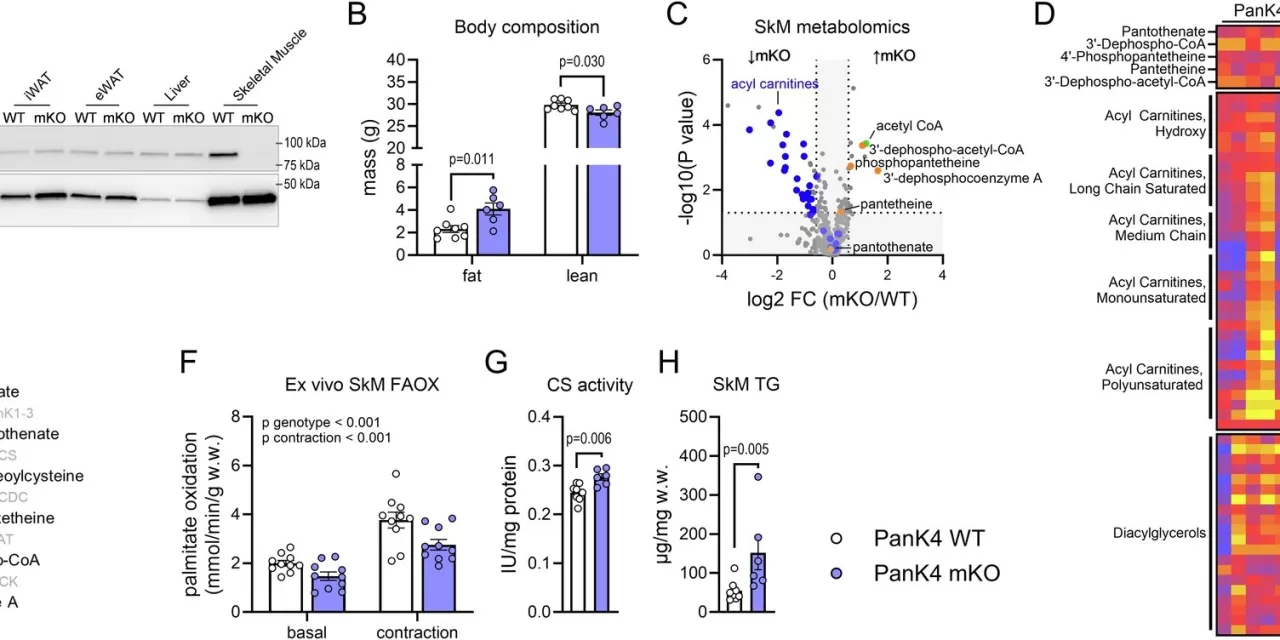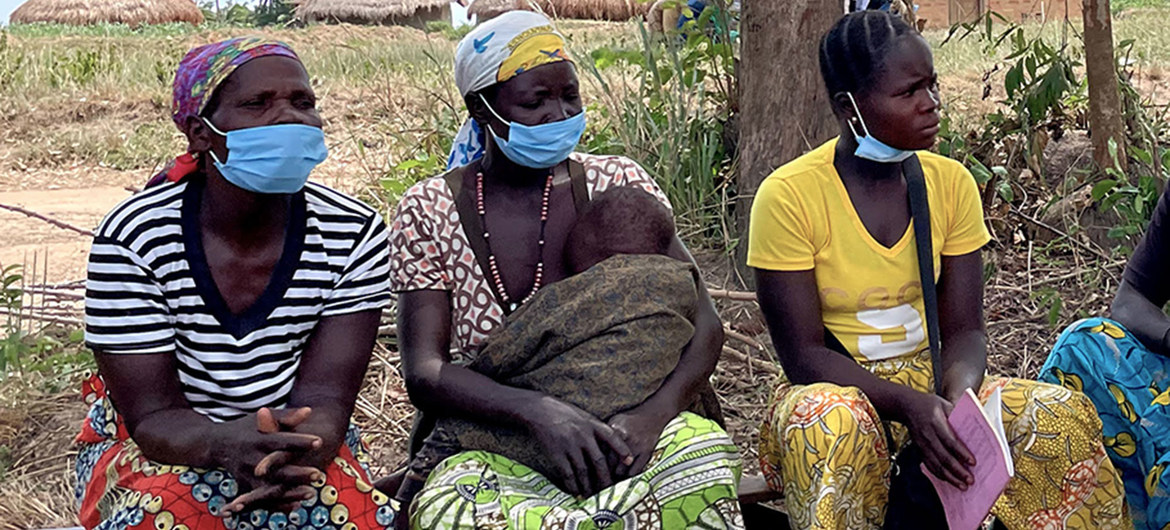Physical activity is not only important for fitness but also for overall health. This is confirmed by a new study, which identified PanK4 as a key regulator of energy metabolism in skeletal muscle. PanK4 regulates glucose uptake and fatty acid oxidation and is activated by physical exercise.
The study, published in the journal Nature Communications, suggests that PanK4 could be a promising approach for treating metabolic disorders such as type 2 diabetes.
Skeletal Muscle and Metabolism
Skeletal muscle plays a crucial role in maintaining healthy glucose and lipid metabolism. Impairment in muscle function can disrupt glucose homeostasis, leading to insulin resistance, a major risk factor for type 2 diabetes.
PanK4’s Role in Exercise and Metabolism
The study, led by Prof. Dr. Maximilian Kleinert, investigated the molecular mechanisms underlying the beneficial effects of physical activity on glucose metabolism. Using advanced techniques, the researchers identified PanK4 as a protein that is phosphorylated in muscles following exercise.
Animal Studies
Further studies in mice revealed that:
- Mice lacking PanK4 exhibited reduced growth, decreased muscle mass, increased fat content, and impaired fatty acid oxidation.
- Mice with overexpression of PanK4 showed improved glucose uptake and reduced acetyl-CoA levels.
These findings suggest that PanK4 plays a crucial role in regulating acetyl-CoA levels, which in turn influences fatty acid oxidation and glucose metabolism.
Therapeutic Potential
Identifying PanK4 as a key regulator of muscle metabolism opens new avenues for therapeutic interventions. “Targeted modulation of PanK4 could potentially improve metabolic health and support blood sugar control,” says Prof. Kleinert.
Importance of Exercise
The finding that PanK4 is activated by physical activity further emphasizes the importance of regular exercise for overall health. “Regular physical activity not only enhances fitness but also has profound effects on metabolism,” says Prof. Kleinert.
Future Research
The researchers plan to further investigate the precise mechanisms by which PanK4 is regulated and how it influences metabolic flexibility. They will also explore the role of PanK4 in other tissues and its impact on systemic energy homeostasis.
Disclaimer: This news article is based on the provided information and should not be considered medical advice.
Note: This article is a simplified version of the provided information and may not include all the details.












